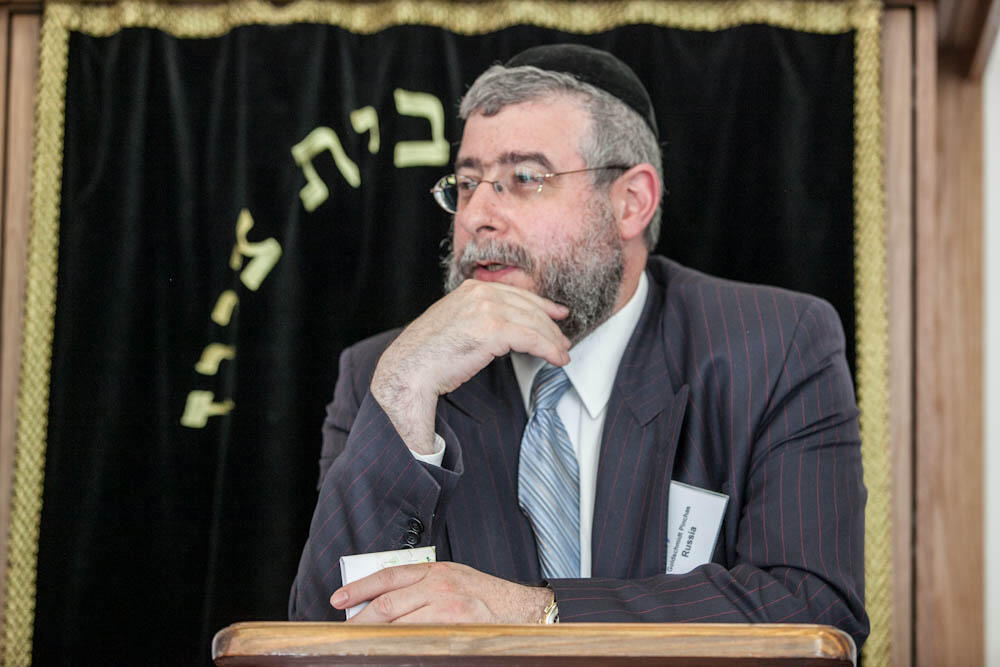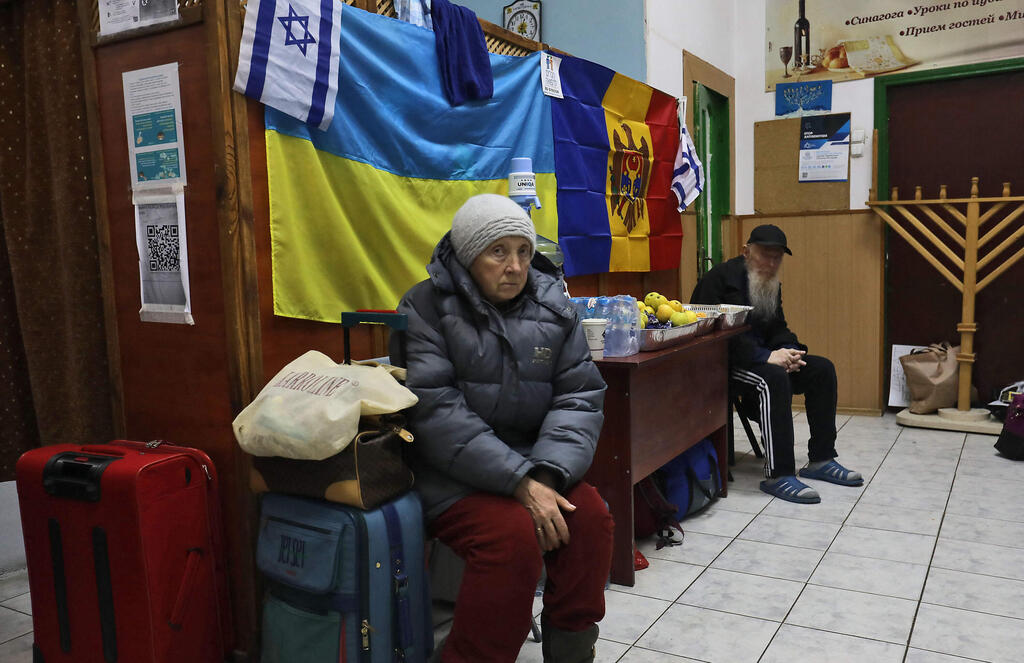Antisemitism is on the rise in Russia and the situation of the local Jewish community is deteriorating as the war in Ukraine protracts, President of the Conference of European Rabbis (CER) Pinchas Goldschmidt tells Ynet.
"The war created a new situation of increased antisemitism in Russia," says Goldschmidt, who served as Moscow's chief Rabbi up until he spoke out against the war and was subsequently removed from his position.
"There's fear of another Iron Curtain. The economic situation is deteriorating, there is a great fear of conscription - and also the increasing oppression of residents. Today in Russia, whoever says a word or tweets out something against the government, may find themselves in prison."
Goldschmidt says that more than a quarter of Russia's Jews have left or are intending to leave the country soon, and that many others have been imprisoned for speaking out against the war.
He further adds that Russia, which recently moved to ban the Jewish Agency's activities in the country, has stopped issuing and extending work visas to Hebrew teachers from Israel.
Goldschmidt also describes an atmosphere of constant terror in Russia as people find themselves increasingly censoring themselves, fearing retaliation from authorities.
"When I speak to people in Russia, even on the phone, their tone is cold and reserved, but when I speak to them in Israel, they're a lot more expressive. It's like the Soviet Union all over again, and the economy isn't doing any better. Downtown Moscow, which is usually teeming with life, now stands empty. There's a constant gloom in the air," he says.
Moscow's former chief rabbi also evokes Russian Foreign Minister Sergey Lavrov's comments from early on in the war in which he claimed Adolf Hitler had "Jewish blood" as another sign of Russia's growing antisemitism problem.
He notes the situation in Belarus, Russia's close ally, wasn't any better.
"Thousands were arrested for speaking out against the war, many of them Jews. Both because of their opposition to the war and also because of opposition to the country's leader [Aleksandr] Lukashenko, even though there are no Belarusian soldiers fighting in the war," he says.
Goldschmidt says that as winter sets upon Ukraine, the blistering cold and massive damage to infrastructure across the country are likely to fuel another wave of Ukrainian refugees.
"There are refugees who have returned to Ukraine and only leave again. This time, it's because of the cold. The CER aid fund is trying to help, sending a lot of generators to Ukraine. Jewish communities in big cities maintain some limited Jewish life. In smaller towns, many communities broke up. The main problem now is power and electricity," he says.



